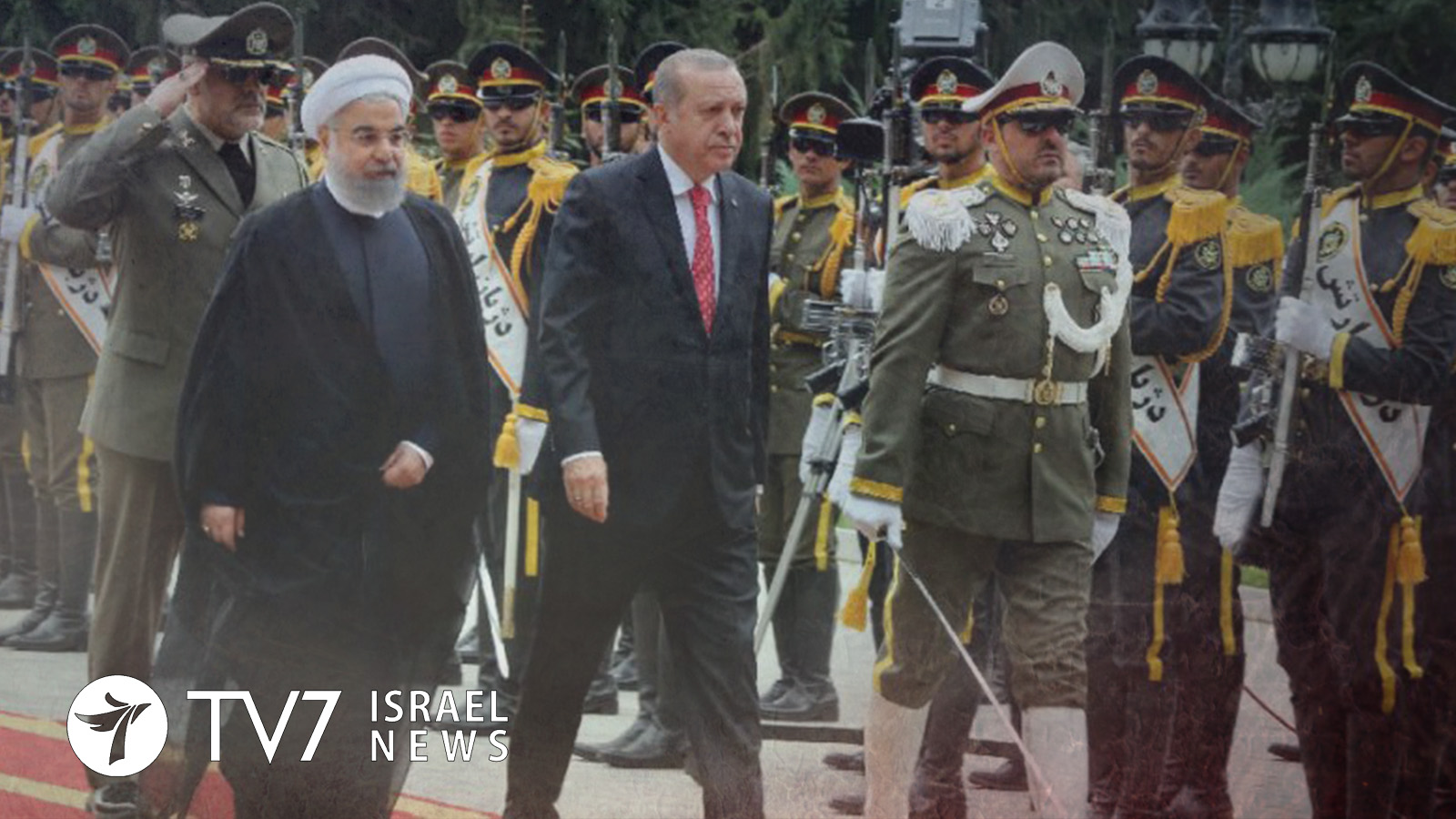Turkish President Recep Tayyip Erdogan landed in Tehran for scheduled meetings with the Iranian leadership aimed at bolstering bilateral relations between the Islamic Republic and Turkey, as well as talks on tightening joint-coordination-efforts in the midst of regional challenges, primarily the Kurdish referendum in northern Iraq. Fearing Kurdish separatism within their own border, Iran and Turkey have threatened the Kurdish leadership of northern Iraq, warning them not to follow through on their latest independence bid. As part of their threats, both countries have launched joint military exercises with Iraqi troops at their respective borders with Iraq’s Kurdish region. In a meeting with Iran’s supreme leader Ayatollah Ali Khamenei, President Erdogan stressed that Turkey will take stronger steps in retaliation for the Iraqi Kurdish referendum, having already taken some economic measures in coordination with the Iraqi central government and Iran, while emphasizing that the referendum had no legitimacy and had only been recognized by Israel. In response to Erdogan’s statement, Khamenei claimed that the United States and other foreign powers were behind the Kurdish referendum, in a coordinated Western efforts “to establish a new Israel in the Middle East.” It is important to note that while Israel has warmly welcomed the Kurdish vote for independence, emphasizing a Kurdish right for statehood, Jerusalem has vehemently denied any involvement in the vote.
Meanwhile, Turkish President Erdogan also met with his Iranian counterpart Hassan Rouhani, during which he reiterated that Turkey will take further steps that will aim to thwart Kurdish independence in northern Iraq. Erdogan declared, “And we certainly consider this referendum illicit. As you know, we have been taking steps as Iran, Turkey and the (Iraqi) central government; however, from now on there are stronger steps that will be taken,” the Turkish leader stressed.
The Iranian President took the opportunity, during a joint press conference with his Turkish counterpart, to echo the accusations levelled at ‘foreign powers’ – while announcing ‘joint cooperation’ on thwarting Kurdish aspirations for independence. Rouhani said, “Both countries (Iran and Turkey) will not accept the escalation of the ethnic and religious tensions which are designed by conspirators and foreigners for our region and both countries (Iran and Turkey) also will not accept the disintegration in the region under any circumstances. From both countries’ point of view, Iraq is one sovereign country, Syria is one sovereign country, and we will not accept any changes in the geographical borders under any circumstances,” he said. President Rouhani further noted that Ankara and Tehran, together with Moscow – in contrast to Western allegations – seek to cooperate on establishing peace, stability and security throughout the entire region, including in northern Iraq and Syria, among other arenas. Rouhani asserted, “The ultimate goal of both countries (Iran and Turkey) is to create peace, stability and security in the entire region (through) more cooperation of the three countries of Iran, Turkey and Russia for stability and security in Syria and also trilateral cooperation of Iran, Turkey and Iraq regarding Iraqi Kurdistan’s issue,” he said.
While Israel supported the Kurdish referendum, contrary to the Iranian allegations, the United States and other Western powers vocally opposed the referendum as a destabilizing move at a time when all sides in the region are still fighting Islamic State.
